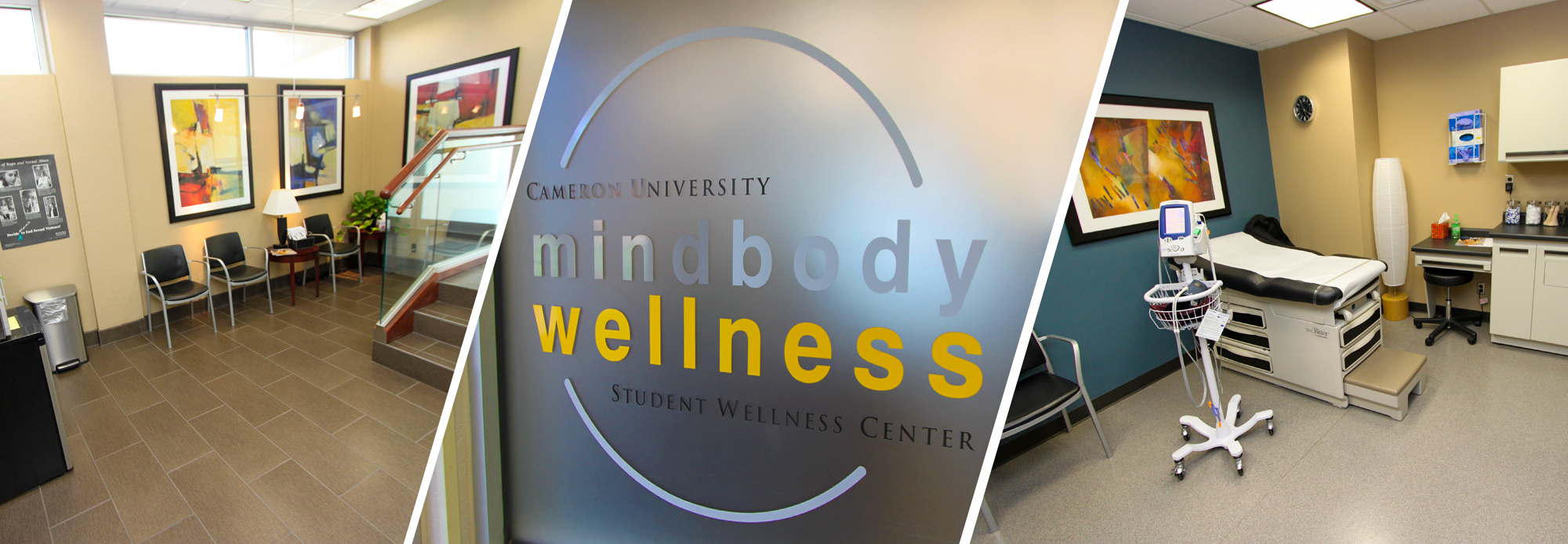Myths vs. Facts
Myth : Alcohol isn’t as harmful as other drugs
Fact : Alcohol increases your risk for many deadly diseases, such as cancer. Drinking too much alcohol too quickly can leads to alcohol poisoning, which can kill you.
Myth : I can sober up quickly by taking a cold shower or drinking coffee
Fact : On average, it takes 2 to 3 hours for a single drink to leave the body. Nothing can speed up the process, including drinking coffee, taking a cold shower, or “walking it off”
Myth : Beer and wine are safer then liquor.
Facts : Alcohol is alcohol… it can cause you problems no matter how you consume it. One 12-ounce bottle of beer or a 5-ounce glass of wine (about a half a cup) has as much alcohol as a 1.5 ounce shot of liquor. Alcopops-sweet drinks laced with malt liquor-often contain more alcohol than beer!
Myth : Men and women of the same height and weight can drink the same.
Fact : Women are affected more rapidly because they tend to have a slightly higher proportion of fat to lean muscle tissue, thus concentrating alcohol a little more easily in their lower percentage of body water. They also have less of an enzyme (dehydrogenase) that metabolizes or breaks down alcohol, 9 and hormonal changes during their menstrual cycle might also affect alcohol absorption to some degree
Myth: Alcohol is a stimulant.
Fact: Alcohol is a central nervous system depressant. Although the initial effects of alcohol may be euphoric and seem stimulating, the cumulative effect of alcohol actually depresses the brain. The ability to make good judgments and decisions are depressed first, followed by loss of coordination and motor functioning (slurring and staggering). If taken in high enough dose, alcohol can depress the central nervous system so much that breathing and heartbeat will cease.
Myth: Alcohol is a great way to relax and reduce stress.
Fact: Alcohol increases the level of stress that is placed on the body. Adrenaline levels increase in the body as we drink. We may feel more relaxed when we drink alcohol, but the body actually comes under additional stress.
Myth: Coating your stomach with a greasy or milky solution will slow the absorption of alcohol and keep a person from getting drunk or sick. Fact: The stomach cannot be "coated" to prevent alcohol absorption. However, individuals are encouraged to eat foods rich in carbohydrates and proteins before consuming alcohol. This slow-digesting food reduces the amount of alcohol that is absorbed directly into the blood stream through the mucous membrane lining of the stomach. Food also slows the rate of the stomach emptying into the small intestine, where absorption of alcohol occurs at a much faster rate.
Myth: It would be to my advantage if I could learn how to "hold my liquor". Fact: If your usual amount of alcohol no longer gives you a "buzz" or you have to drink increasing amounts to feel any effect, you are developing a tolerance. Tolerance is a sign that the liver is being constantly exposed to alcohol and is working overtime to cope. It may also mean you have gone beyond being a social drinker and may be developing a more serious problem with alcohol.
Myth: Anyone who passes out from drinking too much should be put to bed and allowed to "sleep it off".
Fact: If a friend has had too much to drink and passes out, the worst thing you can do is drag them into a bedroom away from everyone else and close the door. Alcohol slows down the heart rate and breathing and lowers the blood pressure. The amount of alcohol it takes to make you pass out is dangerously close to the amount it takes to kill you. If a friend passes out, monitor their breathing and heart rate closely. If there is reason for concern, do not hesitate to get the individual medical attention. You may save their life.

